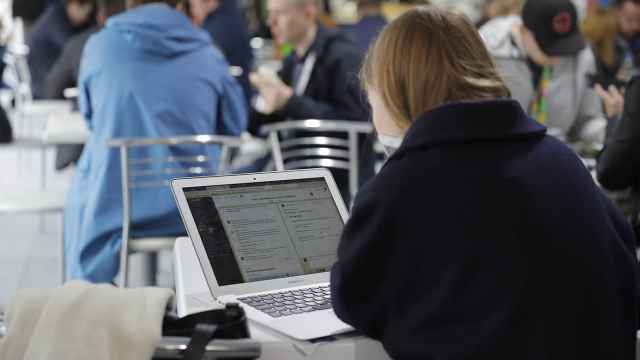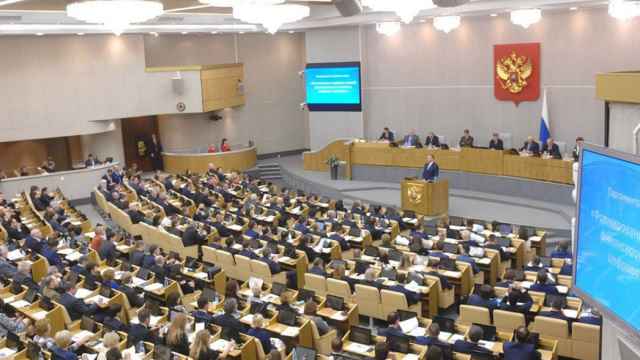Russia’s youth affairs agency has become the sixth national agency with the authority to block websites deemed harmful to young people.
To date, Russia’s Interior Ministry, consumer protection agency, tax service, alcohol regulator and media watchdog Roskomnadzor have had the right to block websites without a court order.
A Russian government decree has added the Federal Agency for Youth Affairs, Rosmolodezh, to the list of agencies authorized to blacklist websites that incite juvenile crime or threaten young people’s lives.
Offending websites can be legally blocked under amendments to Russia’s information law that President Vladimir Putin signed in December.
The March 21 decree also allows court bailiffs to restrict access to online information that “harms a citizen’s honor, dignity or business reputation.”
The decree was signed three months after Russia criminalized the involvement of minors in public protests.
A Message from The Moscow Times:
Dear readers,
We are facing unprecedented challenges. Russia's Prosecutor General's Office has designated The Moscow Times as an "undesirable" organization, criminalizing our work and putting our staff at risk of prosecution. This follows our earlier unjust labeling as a "foreign agent."
These actions are direct attempts to silence independent journalism in Russia. The authorities claim our work "discredits the decisions of the Russian leadership." We see things differently: we strive to provide accurate, unbiased reporting on Russia.
We, the journalists of The Moscow Times, refuse to be silenced. But to continue our work, we need your help.
Your support, no matter how small, makes a world of difference. If you can, please support us monthly starting from just $2. It's quick to set up, and every contribution makes a significant impact.
By supporting The Moscow Times, you're defending open, independent journalism in the face of repression. Thank you for standing with us.
Remind me later.






